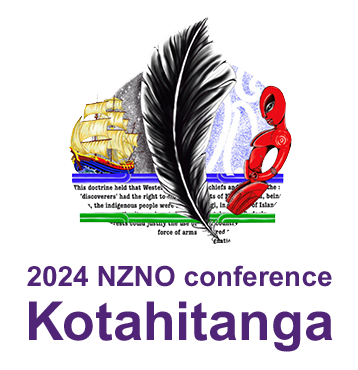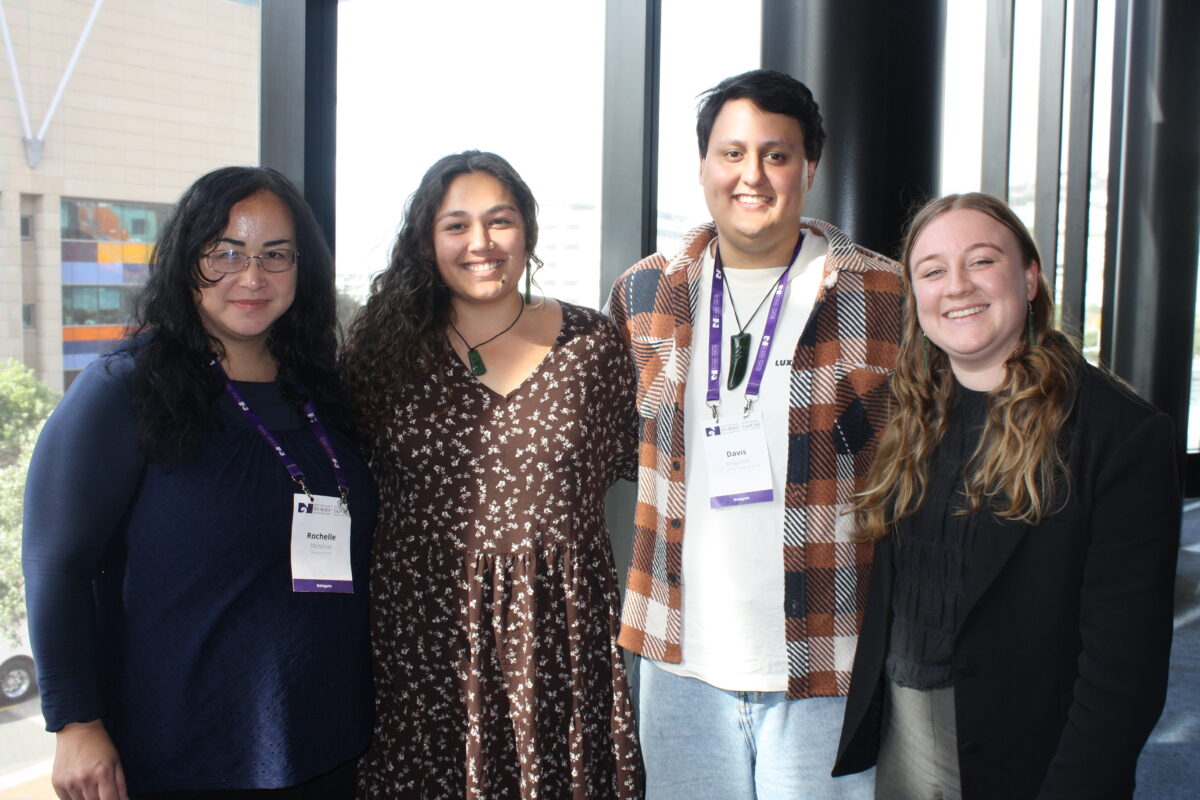Newly-elected national student representative Bianca Anderson, at University of Auckland, said she spent a lot of her early childhood in hospitals.
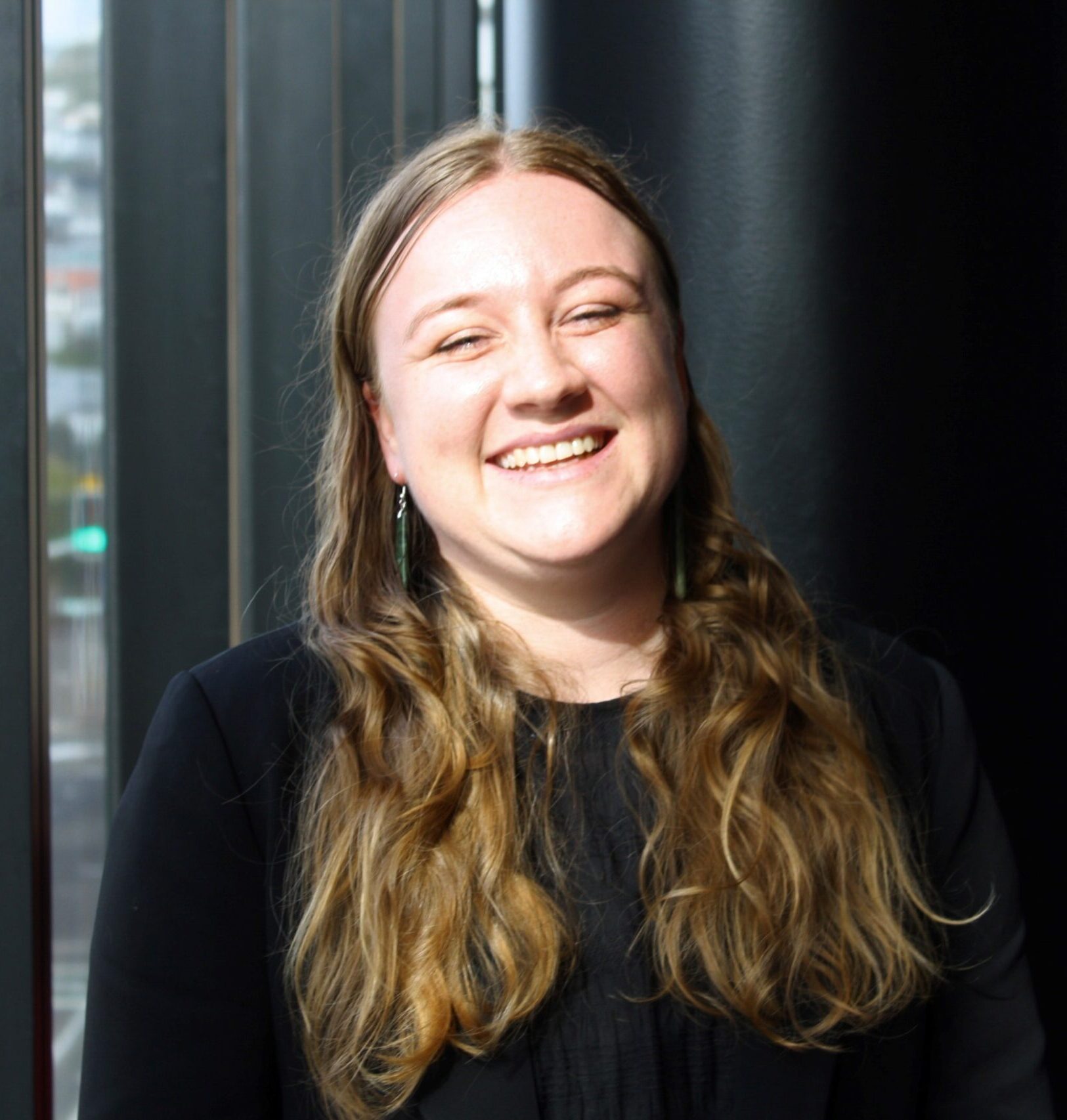
“My baby sister was born into the NICU [neo-natal intensive care unit],” Anderson told Kaitiaki. “I was four, so I would go to kindergarten then to the hospital every single day because my mum was living in the hospital with my baby sister.”
Her sister, Sarah, died at eight weeks, but the experience never left her.
“Even though I was only four, you can still pick up all the feelings of people around you. As I got older, learning more about what Mum and Dad had to go through and the care that’s needed for a family going through that, was quite impactful for me.”
Newly-elected student co-leader and Te Rūnanga Tauira (TRT) chair, Davis Ferguson (Ngāti Raukawa, Ngāti Maniapoto, Ngāi Tuhoe), is at UCOL in Manawatū.
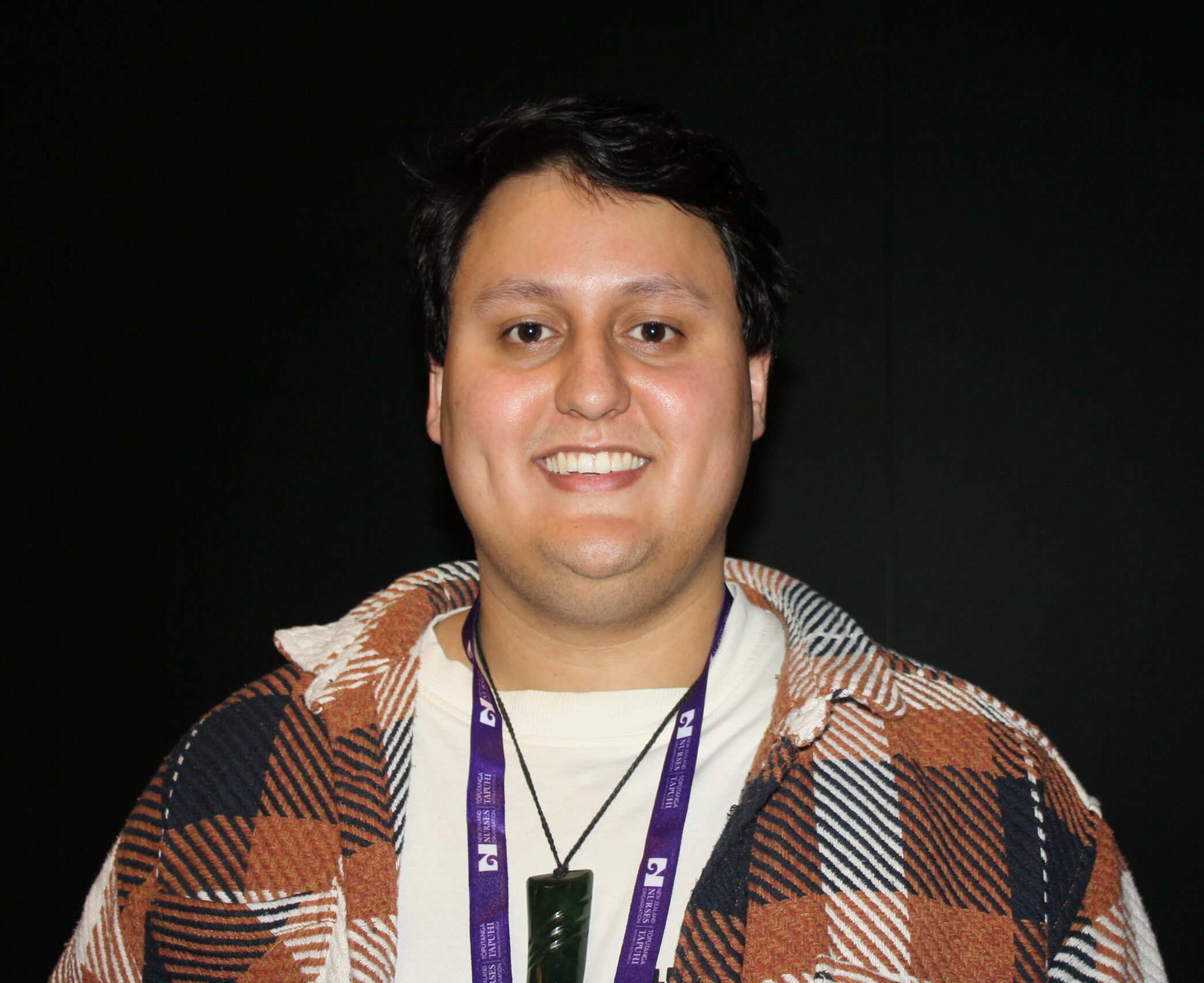
Growing up seeing the health challenges in his own family made him want to “bridge the two worlds” of health care and whānau in a patient-friendly way.
‘Students do struggle — we work and we study and we do placements, and [many] have to support their families.’
“That developed, as I’ve done nursing, into a passion for wanting to make positive change for Māori patients specifically and improve the health inequities and the health disparities that plague the Māori community,” he said. “I want to help uplift everyone.”
New TRT vice chair Alana Borell (Ngāti Ranginui, Ngāi Te Rangi), who studies at Toi Ohomai Institute in Tauranga, said she decided to step up and represent her kuratini (polytech) and rohe (region) as wanted to see more Māori faces in leadership positions.
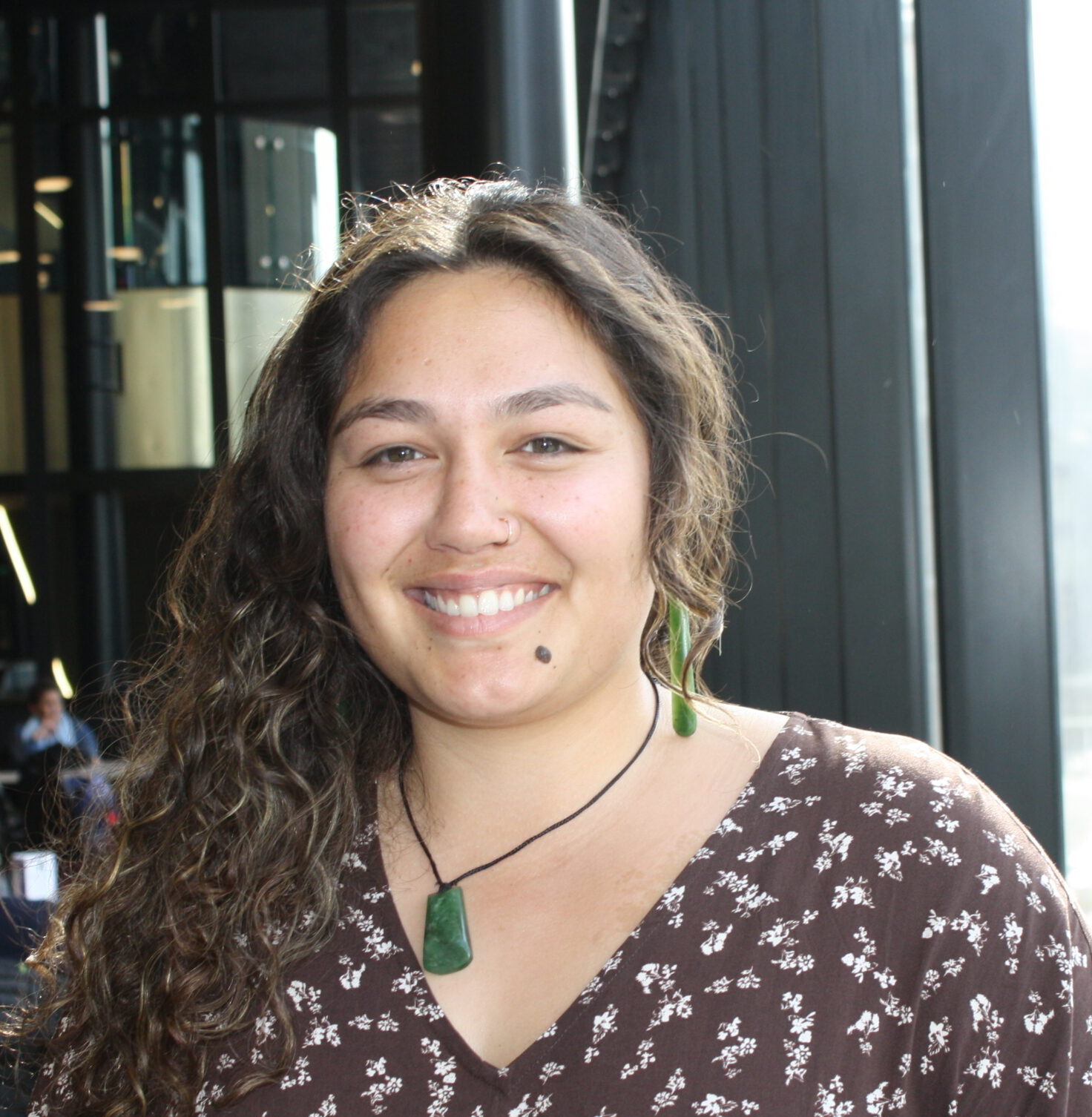
“I wanted to give it a solid go, push past my own comfort measures and not have any regrets,” she said.
Borell said she was keen to see more kotahitanga (unity) among tauira around all the universities and polytechs as well as more use of te reo Māori and waiata within NSU “for unity and strength when we’re at conference, especially for the non-Māori tauira to feel connected”.
NSU vice-chair Rochelle McKelvie, a student at Massey University in Manawatū, was inspired by a nurse practitioner who looked after her through two pregnancies.
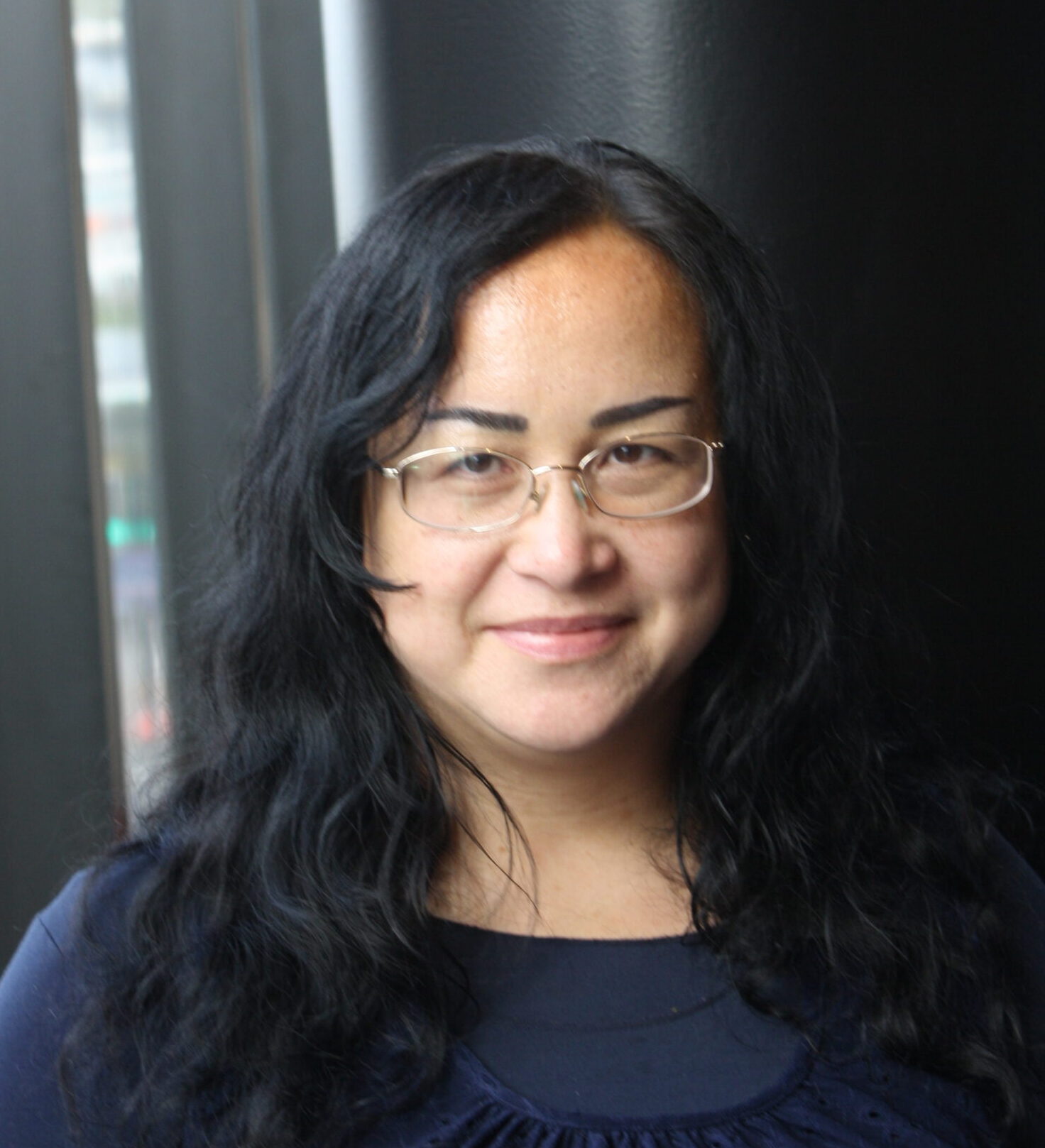
“She showed me how caring, clever, and competent nurses could be, so I dove in after her and have been immersing myself ever since.”
McKelvie said she was “exploring” nurse leadership as she continued to work out her place in nursing.
All were keen to see more financial support for nursing students — a key focus of an upcoming nationwide day of action on Saturday, October 19.
Ferguson said they hoped to highlight the financial barriers in place for many nursing students, particularly on placement.
“It’s a constant struggle . . . having that mental energy and the finances to come to placement to begin with,” he said.
“It could be better. Just looking into the future, we’re going to be needing more nurses and health-care professionals as there is an ageing population — so we are the resources going towards that.”
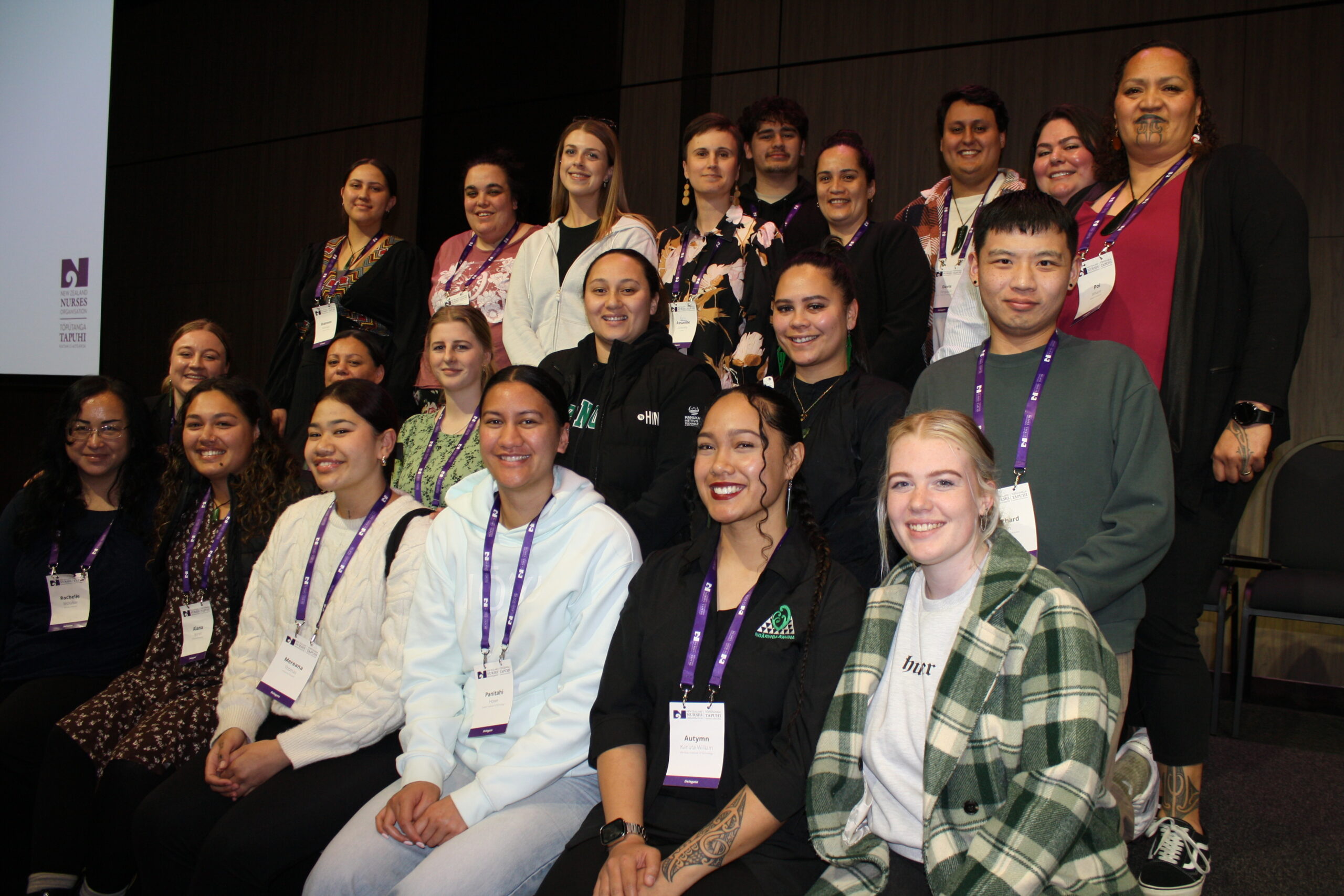
Anderson said the NZNO national student survey in 2025 would also throw some more light on the challenges facing nursing students.
“It’s about making people aware of the struggles we do go through and how important nursing is to everybody’s wellbeing and the society we live in,” she said.
“Students do struggle — we work and we study and we do placements, and [many] have to support their families.”
The 2023 NZNO student survey found financial pressure drove many to drop out — about one in three students.



